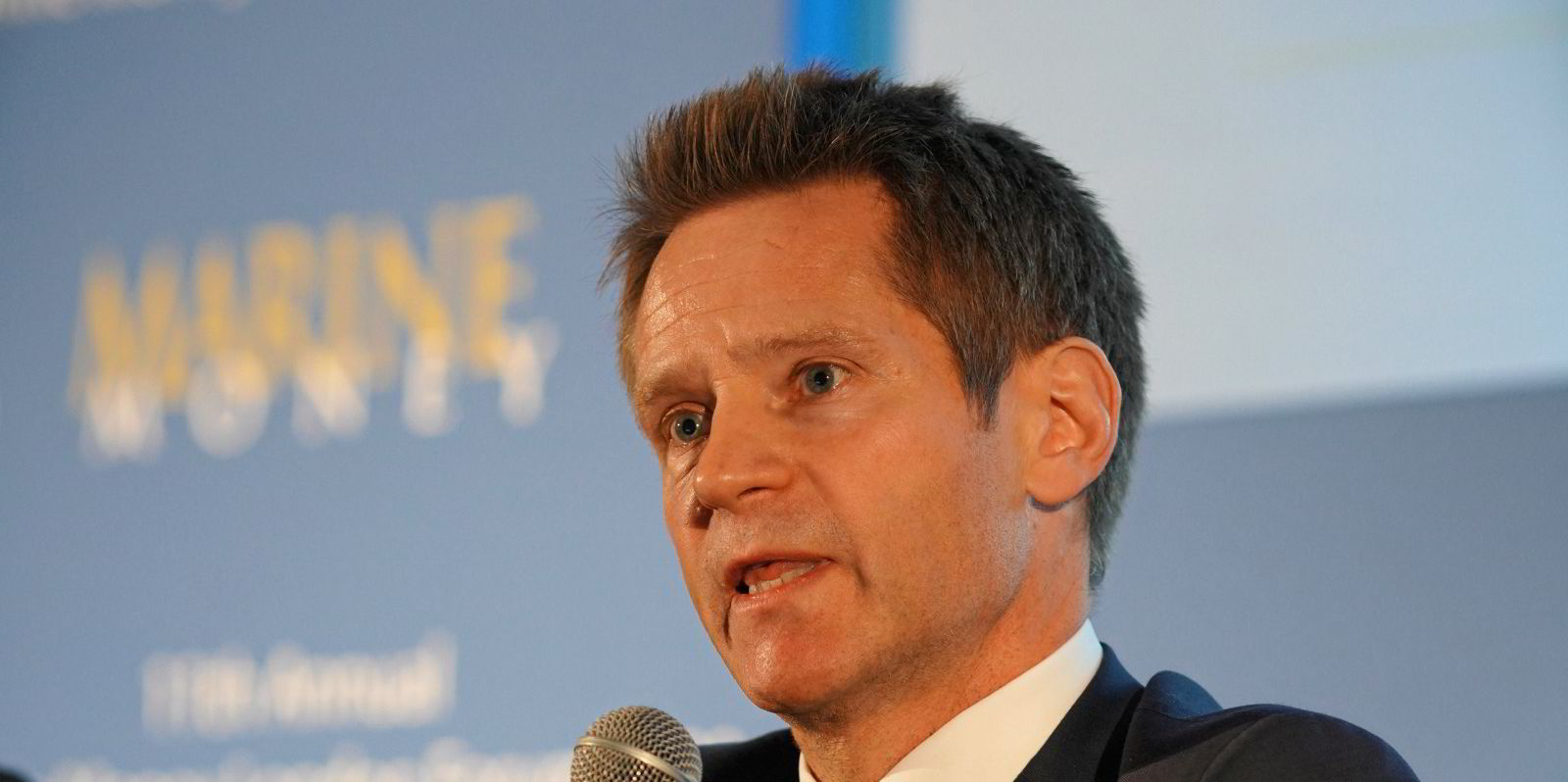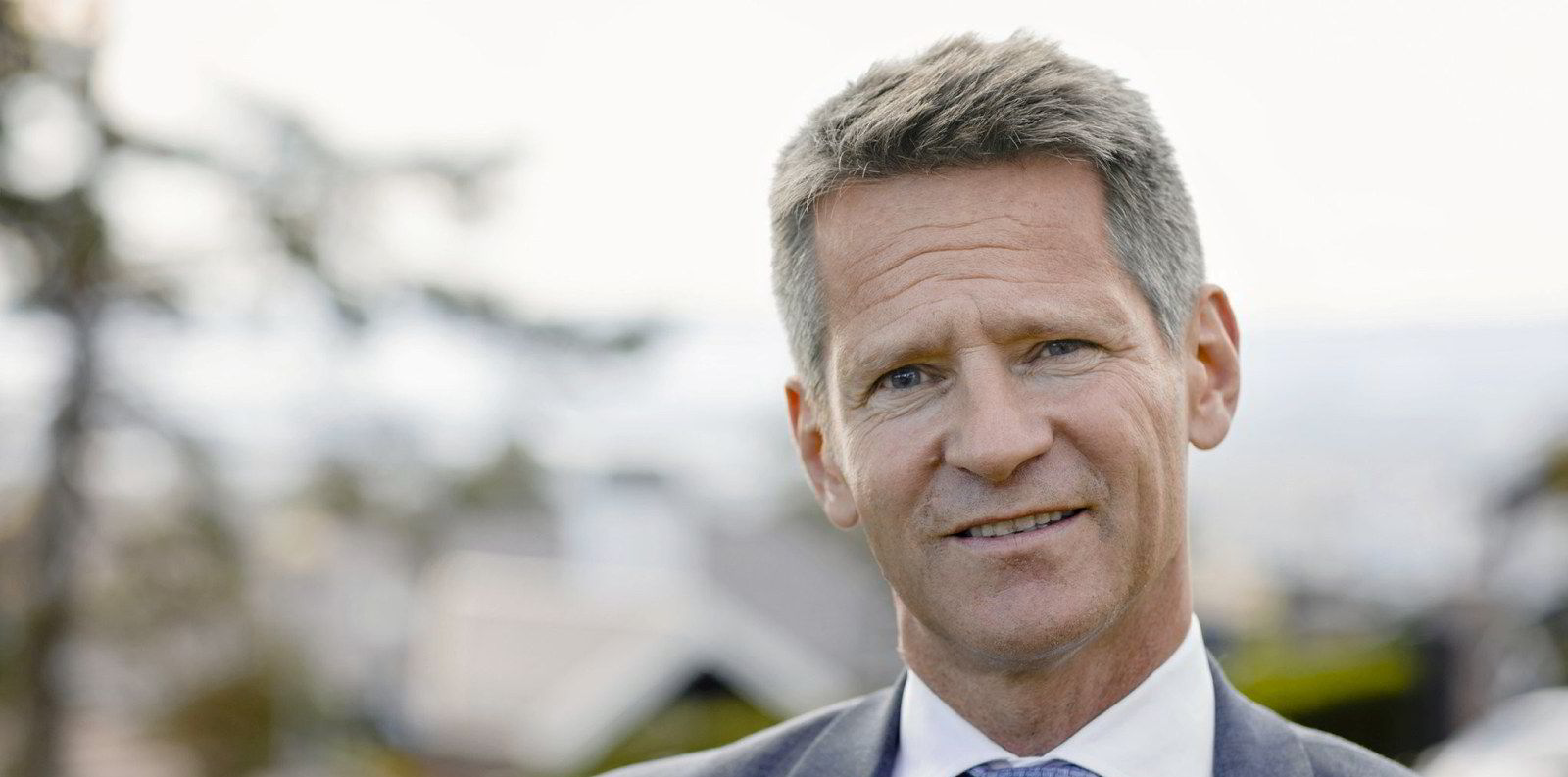Klaveness Combination Carriers (KCC) is quitting the caustic soda trade in Brazil as it focuses on maximising earnings.
Speaking on a conference call with analysts, the Oslo-listed company's chief executive Engebret Dahm said the Brazilian sector has underperformed since the closure of a number of US Gulf alumina refineries between 2015 and 2019.
The company has sold its oldest Cabu vessel, which was carrying both caustic soda and bulker cargoes in the region.
The 72,600-dwt panamax-sized combination carrier Banasol (built 2001) will be delivered to an unnamed third-party in December at a reported price of $13.7m and a profit of $6.5m.
The Brazilian fleet had been trading to a large extent as tankers, while the share of combination trades is lower at 32% than in Australia, where it is 91%.
Ballast voyages have been higher at 23%, against 10% in Australia.
Raising earnings power
"By selling this vessel and shutting down the business we are removing the lowest earnings capacity in our business," Dahm said.
Rates for the Brazilian ships over the last two years have averaged $3,500 per day less than in Australia.
The pull-out has already started, with one contract of affreightment in Brazil sub-contracted to a tanker company in a poor market at breakeven.
KCC has also relocated one Cabu to dry bulk in the group's joint venture Baumarine by Maruklav pool, Dahm added.
The last vessel in the trade will be redeployed early in 2022, he said.
The company now has seven of eight remaining Cabus in Australian markets.
The CEO said he hopes to win more caustic soda fixtures next year.
And he added: "We will consider, depending on how the market moves, to sell one further ship."
More Cleanbu cover coming
"But that decision is not made and our preference is to maintain the eight ships in trades to Australia, depending on the availability of caustic soda," Dahm said.
KCC is also expecting to add more charter coverage for its Cleanbu ships, which carry both oil products and bulk cargoes.
Two of these eight vessels are in the Atlantic basin, with the rest operating in the Pacific or on Middle East and Asia runs to the US.





